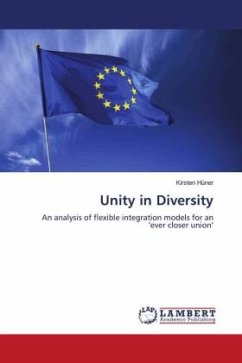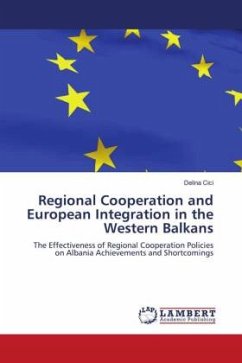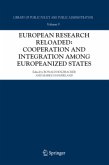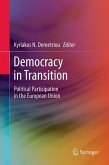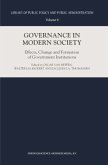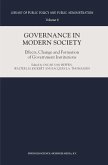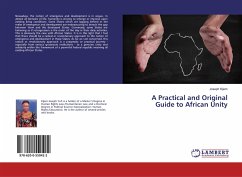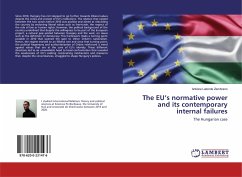This work focuses on flexible integration models and how they can be compatible with the idea of an 'ever closer union' that underlies the European integration process. It does so by analysing the existing flexible integration models and comparing them with criteria developed to reach an 'ever closer union'. Using as a point of departure an analysis of the history of flexible integration and its manifestations and developing a clear definition of the 'ever closer union' based on a theoretical framework combining elements of federalism, functionalism and neofunctionalism, this thesis comes to the conclusion that the existing flexible integration models do not meet all the criteria necessary to be compatible with the idea of an 'ever closer union'. Therefore, it develops a new model of flexible integration: Committed flexible integration. This model can be used as a management tool for the growing diversity in the European Union.
Bitte wählen Sie Ihr Anliegen aus.
Rechnungen
Retourenschein anfordern
Bestellstatus
Storno

